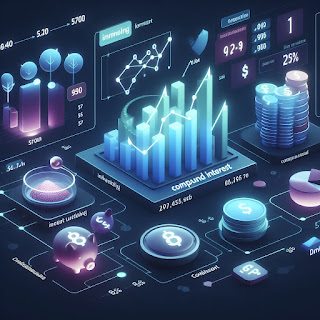The Story of Supply, Demand and Price

Once upon a time in a picturesque town named Commerceburg, there existed a vibrant marketplace where traders gathered from all walks of life. The heartbeat of this marketplace was driven by the age-old tale of Lily, the Baker, and the Magical Bread. Lily was a skilled baker known for her magical bread that could satisfy the heartiest of appetites. The town loved Lily's bread, and people would line up eagerly at her bakery every morning. One day, a rumor spread through Commerceburg that Lily had discovered a rare ingredient, a mystical flour that enhanced the flavor of her already magical bread. The townsfolk, enchanted by the idea of an even more delicious treat, flocked to Lily's bakery, forming a long queue. As the demand for Lily's magical bread soared, the price naturally followed suit. Lily, recognizing the heightened interest, decided to increase the price of her bread slightly. The demand was so high that even with the higher price, customers were willing to pay f



.jpeg)